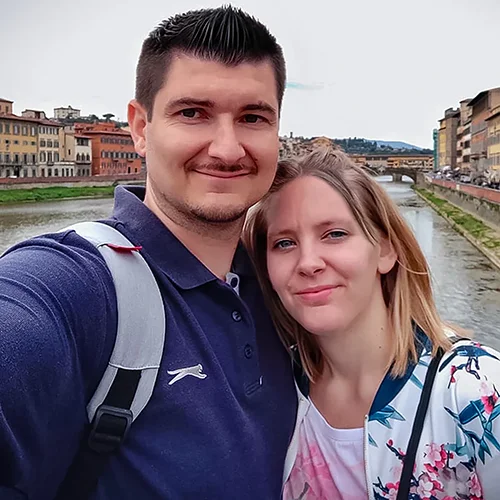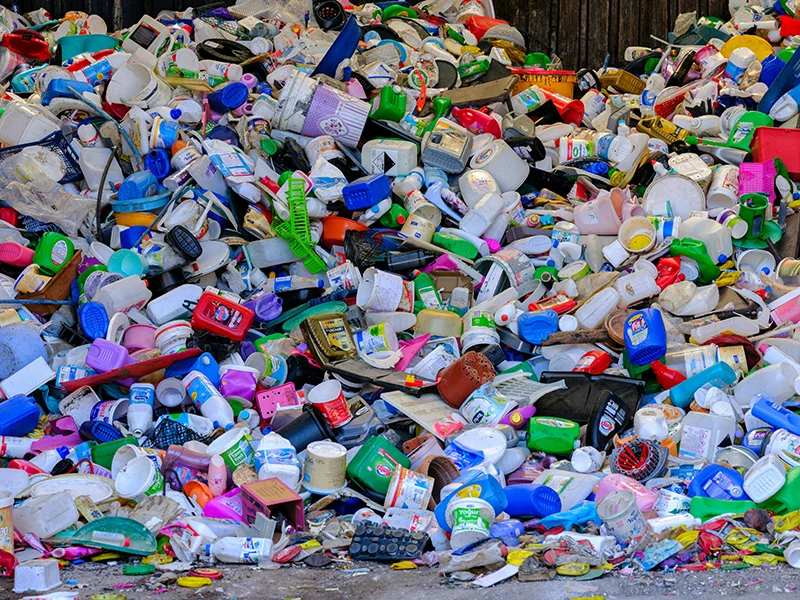Deposit System in Spain: An Ultimate Step Towards a More Sustainable Future
Deposit System in Spain: An Ultimate Step Towards a More Sustainable Future
Deposit System in Spain: An Ultimate Step Towards a More Sustainable Future
Deposit System in Spain: An Ultimate Step Towards a More Sustainable Future
19. Januar 2025
Feedback: 0
In Spain, the topic of bottle deposits is becoming increasingly discussed, and not just recently. While countries like Germany and the Nordic states have been using the deposit system for years to reduce waste and promote recycling, Spain is still relatively new to this path. However, the country is making progress: More and more people and institutions are recognizing that managing plastic waste and improving recycling practices is crucial. Taking a look at the current situation shows that Spain is already taking some interesting steps to learn from the successful models of other countries.
Current Recycling Situation in Spain
Currently, recycling in Spain isn’t as advanced as in some other European countries. In many cities, you’ll find the classic „green igloos.“ These are containers for glass. There are also yellow containers for plastic and metal, and blue ones for paper. This separation seems to work at first glance, but the reality is different. Spaniards recycle about 52% of their plastic packaging (according to Ecoembes in 2022). However, many plastic bottles and cans still end up in nature or, worse, in the sea. This has not only ecological but also social and economic consequences. These wastes pollute the environment and make recycling more difficult.
According to a study by Ecoembes and the European Union, over 40% of plastic packaging in Spain is still difficult to recycle, showing that there’s a significant need for improvement to take recycling to the next level. This is why there’s growing pressure on the government to seriously consider solutions like the bottle deposit to address this issue.
The Planned Deposit System: What’s Next?
In December 2023, Environment Minister Teresa Ribera announced that Spain plans to introduce a nationwide deposit system for plastic bottles, cans, and cartons by 2025. This decision aligns with EU recycling goals, which mandate that by 2025, at least 77% of plastic bottles must be recycled, and by 2029, this number should increase to 90%.
The planned system will be modeled after successful examples from Germany and the Nordic countries. These countries have successfully implemented deposit systems years ago, leading to high recycling rates through reverse vending machines. A major benefit of this system is that it incentivizes consumers to return empty bottles and cans in exchange for a refund of the deposit, thereby removing waste from nature and simplifying the recycling process.
Catalonia already launched a pilot project in 2023 with reverse vending machines for plastic bottles and cans. The results of this project were promising: Over 90% of returned containers were successfully recycled, proving the effectiveness of the deposit system and paving the way for a nationwide implementation.
Challenges in Implementing the Deposit System
Of course, there are several challenges to overcome before the deposit system can be rolled out nationwide in Spain. The biggest hurdle is the cost. Building the necessary infrastructure, especially reverse vending machines, will require significant financial investment. According to the Spanish Chamber of Commerce, these investments could run into the millions. Additionally, the logistics behind a nationwide system will need careful planning to ensure containers are properly tracked and returned smoothly.
Spain’s structure as a country with 17 autonomous regions, each having its own regulations and laws, could create challenges for a nationwide rollout. However, the positive results seen in Catalonia suggest that it’s possible to implement a functional system on a national level.
Another obstacle is the resistance to changing consumer habits. Many people in Spain are used to the existing system with container bins and may not immediately see the need for a new one. This is why it’s essential for the government and businesses to run comprehensive awareness campaigns to educate the public on the benefits of the deposit system and increase its acceptance.
Looking at Successful Deposit Systems: What Can We Learn?
Spain can learn a lot from countries like Germany and the Nordic countries. For example, in Germany, the return rate for bottles and cans is over 90%, which is considered highly successful worldwide. The deposit system in Germany works because there is a clear structure: Consumers pay a deposit when they purchase a beverage bottle or can, which they can get back upon returning the empty container. This reward for returning the bottle, combined with environmental awareness, has led most Germans to view returning bottles as a given.
Another successful example comes from Norway, where a digital system was introduced. Consumers register their bottles through an app and receive a digital credit when returning them. This model could also be appealing for Spain, as it promotes digital solutions and makes the entire process more convenient for consumers.
What Does the Future Hold for Spain?
The introduction of a nationwide deposit system in Spain could have far-reaching positive impacts on the environment. If the government takes the right steps and involves the public in the process, Spain could become a leader in recycling and waste reduction in the coming years.
It is expected that the first reverse vending machines will be installed in major cities like Madrid and Barcelona to pave the way for national implementation. Additionally, the EU could provide funding to help offset the high initial costs. In the long run, the public’s environmental awareness will likely continue to grow, and the deposit system could become an integral part of daily life in Spain.
Conclusion
Bottle deposits are long overdue in Spain, and the conversation is heating up. Steps have already been taken, and the path to a nationwide deposit system seems clear. If Spain successfully implements this system, it could increase the recycling rate. Additionally, it could make a significant contribution to environmental protection. A green future is on the horizon. It remains to be seen how quickly Spain will join the ranks of the leading countries in recycling and waste reduction.
We hope these tips help you master your expat life even better! Do you have your own experiences or additional recommendations on the topic of moving abroad? Feel free to leave us a comment! Share this post with others who could benefit from the Tips, and stay tuned for more inspiration from life as an expat.
Your Steffi and Marius

Wir sind zwei deutsche Auswanderer und auf emigres-life nehmen wir Dich mit auf unsere Reise in ein neues Leben.
In unserem Projekt schwingt das Pendel meist in Richtung stressig oder chaotisch und weniger in Richtung tiefenentspannt.
Wenn du also wissen willst, in welches Fettnäpfchen wir als nächstes treten oder welche Hürden vor uns liegen und wie wir sie überwinden, dann bleib dran.
Nächster Blogpost
Pfandsystem in Spanien: Ein toller Schritt in eine nachhaltigere Zukunft


 Pin it!
Pin it!

